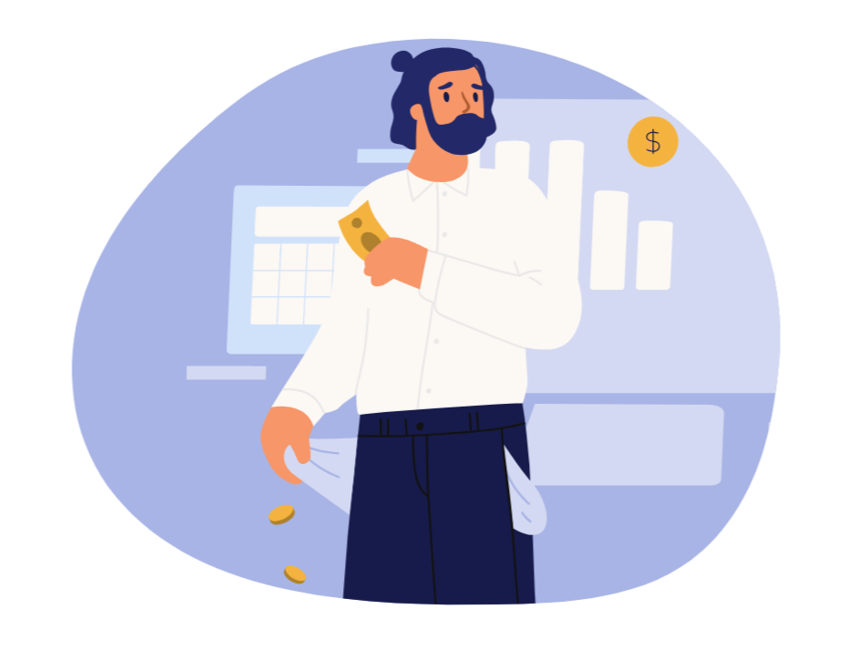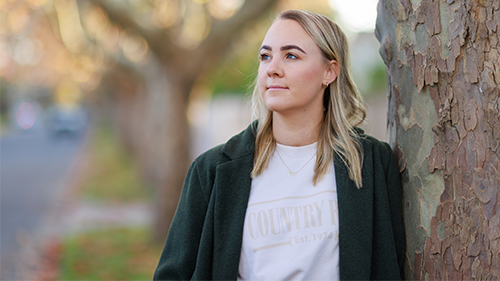Looking after your mental health while living with a disability
In Australia, almost one in five people have a disability of some kind.
The Royal Children’s Hospital defines an intellectual disability as "a significant impairment of cognitive and adaptive functions, with age of onset before 18 years." Around three per cent of the Australian population live with an intellectual disability.


- Every week, five people sustain a spinal cord injury
- Every week 10–15 people sustain a severe brain injury
- Every 13 hours, a child is born with cerebral palsy
- One in six people are affected by hearing loss
- Approximately 575,000 people are blind or vision impaired

Social isolation
While loneliness affects people from all walks of life, it can be particularly difficult for people living with a disability.
In a recent UK survey of people with a disability, a quarter of the respondents reported feeling lonely every day. Consider, for example, how someone in a wheelchair approaches a social occasion. You have to consider how to get to and from the venue, the accessibility of the venue, whether you will require assistance…the list goes on.
You may also want to avoid feeling you’re a burden to others and decide not to go out altogether.

Lack of employment opportunities
Disability can make it extremely difficult for people to find a job, leaving a significant void in their life. Work plays a big role in how we perceive ourselves. The longer someone is unemployed, the more they may feel hopeless and down on themselves.
Unsurprisingly, it has been found to increase a person’s likelihood of developing anxiety or depression.

Financial difficulty
Many people may also require a carer to assist with daily life, which can be quite costly. Sixty per cent of people in Australia with a disability living in households need assistance with at least one activity in daily life. There are disability support schemes that can help ease some of this financial pressure.

Discrimination
Research shows that this discrimination can often start young – “Disability exerts a detrimental effect on adolescent mental health, and a large proportion of this appears to operate through bullying.” It can be name-calling, teasing, physical bullying or excluding the person from friendship groups, sporting teams or events.
shock
anxiousness
denial
depression
internalised anger
externalised anger
acknowledgement
adjustment
"I felt like I’d been believed for the first time... it was really refreshing to have that support from someone, especially an actual professional.
It was nice to finally feel like I wasn’t alone."
- Rachael, Beyond Blue Speaker
When people feel all alone this Christmas, your kindness today means Beyond Blue counsellors will be there 24/7, to listen and support when it matters most.




